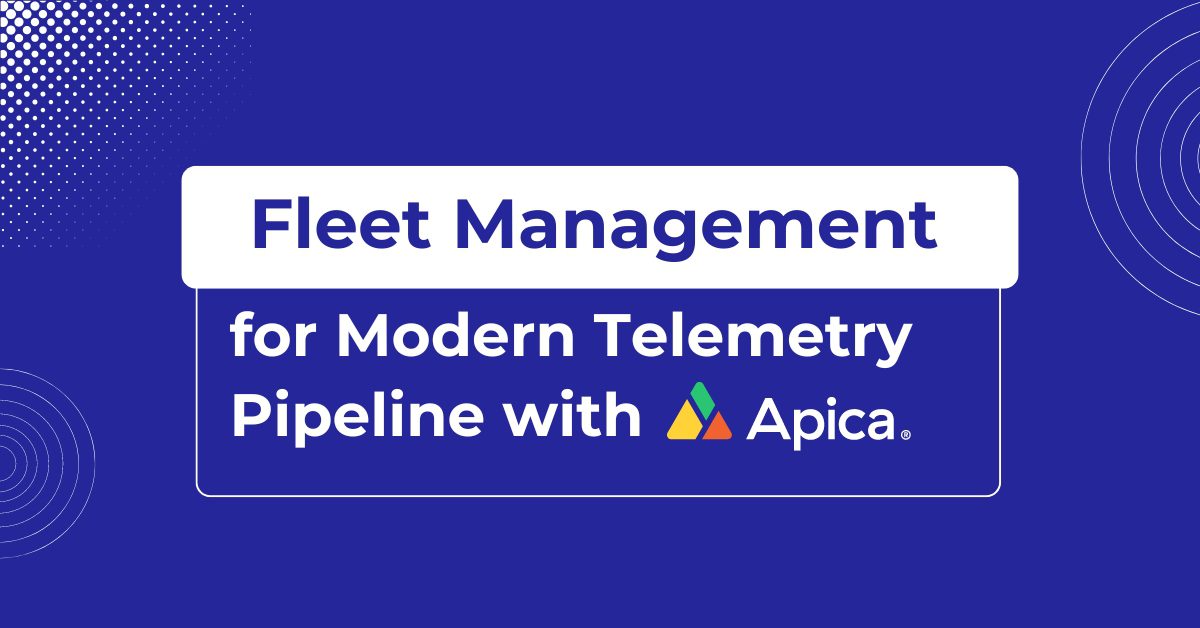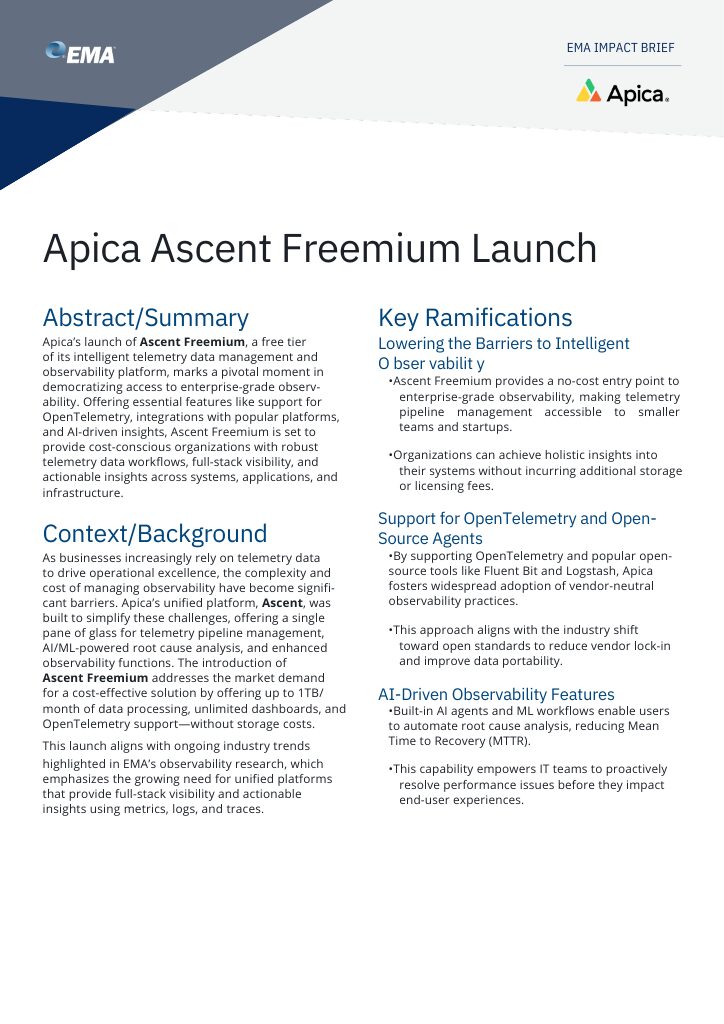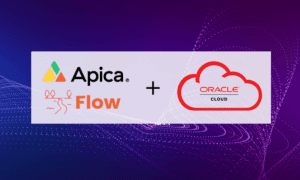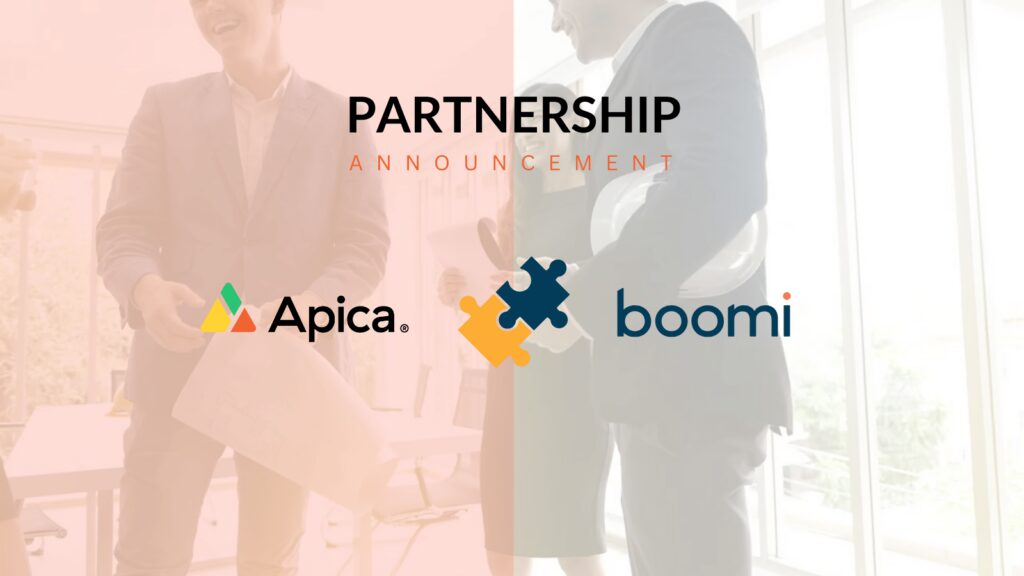If your company uses or offers services or products over the cloud, the onus is always on the provider to ensure that information shared by customers and users is safely handled and stored. With data privacy and security being the top priority of anyone that uses cloud applications or services, you would often have to meet and maintain security standards and compliance rules that establish and portray your stance on securely storing and handling your customer’s data. One such standard is the American Institute of Certified Public Accountants (AICPA) SOC 1 and 2 audit report.
SOC 1 and SOC 2 are auditing reports that measure the maturity and level of a company’s security and internal processes when assessing and addressing data risks associated with using or providing services over the cloud. When considering a SaaS provider, SOC 1 and SOC 2 compliance is now considered a minimum requirement for security-conscious businesses.
Logging and observability are certainly not a requirement for SOC compliance. However, employing a centralized log management and observability platform can help provide the visibility and reporting capabilities often required for staying compliant. SOC compliance requirements are meant to monitor an organization’s systems and processes and ensure that they are working securely over time. SOC compliance requires an organization to proactively monitor its infrastructure, identify unusual events or security incidents, troubleshoot problems, and store historical data about them. Logs function as an audit trail and contain detailed records of infrastructure operations and events. Gaining visibility into the multiple facets of log data can help detect issues before they occur, get to the root cause of problems, and identify areas for process and security enhancements.
How Apica helps with SOC compliance
Apica is an Observability platform for IT administrators, and it provides comprehensive insights into applications and infrastructure security. You can employ Apica’s built-in logging, security, analysis, reporting, and alerting features to help you stay and maintain compliance with SOC requirements. Here’s how.
Centralized logging
Apica aggregates log data from servers, operating systems, virtual machines, containers, and applications into centralized storage. Having all of your reporting data in a single bucket makes it easier to index, search, analyze, and visualize your log data. Centralized logging also helps you collectively generate detailed reports for your entire business ecosystem.
All your data is instantly searchable
All the log data that Apica ingests is indexed and made instantly searchable. You can use Apica’s built-in search engine to perform everything from a simple search to building powerful search queries using advanced regex to filter and uncover fine-grained data within your logs.
Log Data Exploration and Visualization
Using Apica, you can convert textual log data into insightful time-series metrics visualizations. You can transform ingested log data into multi-time series visualization using attribute-based or pattern-based group-by expressions. For example, you can instantly visualize all invalid login attempts across your applications over time.
Support for compliance reporting
Since SOC compliance requires you to extract and maintain reports over the inner workings of your systems and processes over any given period, being able to generate reports on the fly becomes crucial. Apica has robust reporting capabilities that enable you to create ad-hoc reports on historical data. You can also schedule the generation of reports with a built-in CRON job that runs periodically. For example, you can generate monthly reports that list all IP addresses that generated an invalid login attempt within any of your systems or applications.
Built-in SIEM/SOAR
Apica has built-in support for a crowdsourced repository of security rules that automatically detect security events in incoming logs. You can further configure security events to trigger automated remediation using the Apica’s automation and orchestration hooks that run when an event is flagged as a security concern.
Alerting/Notifications
Never miss a critical event in your infrastructure or applications. Apica supports alerting and notifications to multiple alert destinations, including email, Webhooks, and many commercial vendors like PagerDuty, OpsGenie, Slack, and more.
Conclusion
Logging everything, managing them centrally, analysing logs, and having the ability to generate logs from systemic data are certainly not mandated for maintaining SOC compliance, but having these in place certainly have their advantages. Log management and the use of proprietary log management software is certainly not cheap. Having to maintain in-depth security trails ups the demand for comprehensive logging. But, unfortunately, the more you log and the longer you retain your log data, the more formidable your storage bill will be.
Using the latest cloud-native technology focusing on object storage, Apica dramatically reduces the costs associated with storing logs for extended periods. With Apica, you can log everything you need to for as little as $0.16/GB for SaaS and $0.05/GB for PaaS deployments. Moreover, Apica provides a free forever Community Edition of Apica PaaS that you can use to unify your logs, analyse them, and generate in-depth, shareable reports for all the data and events you need to. Take the Apica PaaS Community Edition for a spin and witness first-hand how much easier it is to stay compliant with a log management solution in place.










